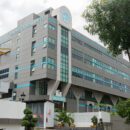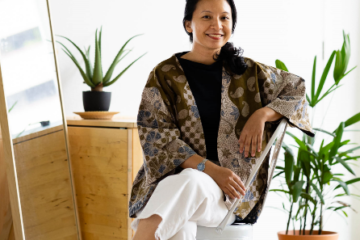
Serving up a recipe for success
Local F&B operator Creative Eateries has doubled down on digitalisation to weather the COVID-19 crisis and drive long-term growth.
With over 25 years of experience, homegrown enterprise Creative Eateries has become a mainstay of Singapore’s ever-changing and highly competitive F&B scene over the past decades. The company runs a chain of restaurants serving a tempting range of cuisines including Thai, Western, Chinese, Japanese, and offers catering services.
Some of its well-known brands include Bangkok Jam, Patara Fine Thai Cuisine, Suki-Ya and Barossa Bar & Grill. Like most F&B operators over the past 18 months, Creative Eateries has had to deal with the unprecedented challenges brought on by the COVID-19 pandemic.
BiZQ speaks to Bernadette Giam, Creative Eateries’ Director of Corporate Affairs and Human Resources, about how the company has leveraged digitalisation to deal with the crisis, the diversification of its brand portfolio, and her role in the ASEAN Young Women Entrepreneurs’ Club (AYWEC).
How has Creative Eateries addressed the manpower challenges posed by COVID-19?
The challenges of the pandemic have been many, and the F&B sector has been one of the most impacted. When dining-in was restricted due to safe management measures, our restaurant teams had to relook our standard modes of operations and pivot to takeaway menus. Over a short span of a few days, we launched takeaway offerings, which included home barbeque kits from Tajimaya Yakiniku and marinated single portions of Barossa Bar and Grill’s signatures. These offerings allowed customers to cook and enjoy our food in the safety and comfort of their own homes.
In the last year, we have also implemented new technological solutions to enable our restaurants to be more manpower lean. One example is our QR code ordering systems that integrates with our point-of-sale system. These allow our customers to order through contactless QR codes and have the kitchens receive their orders instantaneously. Our service teams would then be able to focus on engaging our customers and delivering the excellent service that we aim to provide in all our outlets.
Job redesign was also crucial in ensuring that our workforce is equipped with the knowledge and flexibility in their roles, so that we are better placed to adopt lean manpower models to staff the restaurants while business levels are still normalising.
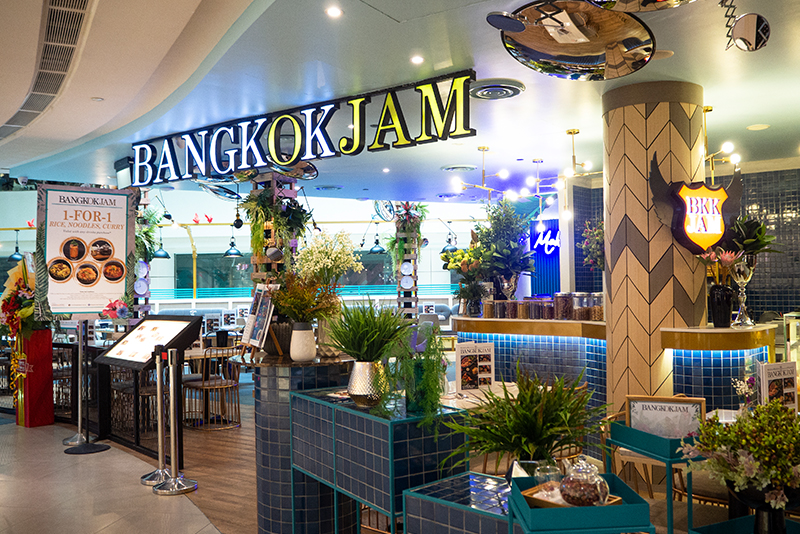
How has digitalisation helped to upskill and improve the productivity of your workforce?
Building in digital tools that enable our employees to develop less labour-intensive ways of working has become part of our DNA at Creative Eateries. Our corporate team constantly explores different systems that provide new and more efficient modes of working. For example, we use a digital system to consolidate all our customers’ reservations from various platforms, and this has allowed us to better plan and optimize our resources. Some of our stores also have an automated voice attendant so that our service teams can provide timely replies to our customers’ calls.
While we continue to ride out the challenging business climate, we are glad that we had continued to invest in these areas even since during Circuit Breaker in 2020 as they set the foundation and trajectory for the future growth of our business.
What factors do Creative Eateries consider when deciding to diversify its brand portfolio?
Creative Eateries diversifies its brand portfolio carefully. We pay attention to feedback from our customers and seek to blend the creativity of our chefs, and our F&B Management expertise to create dining concepts that will be memorable for our customers.
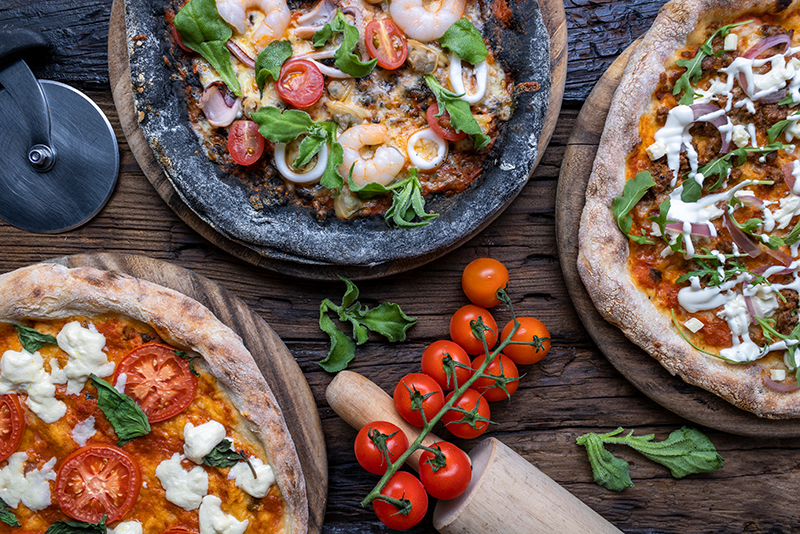
For example, Dopo Teatro, our latest Italian concept at the Esplanade, was developed around the passion and skills of one of the leading chefs in our group, Chef Richard Chan. Dopo Teatro, an Italian restaurant which means “After the Theatre” is located at the Esplanade and features a return to the artisanal foundations of Italian cooking. With an imported pizza oven in its’ show kitchen, the restaurant serves up delightful Neapolitan-style hand-stretched pizzas and hand-rolled pastas and breads.
We have also seen that the pandemic has led to an increasing desire for wellness and healthy eating. Riding on this trend, we have launched a nifty subscription food model, Prepbox, which has been imbued with a focus on nutrition since its conception. Customers can choose from several menus such as our Keto-friendly menu or Low-Calorie menu to suit their health and fitness objectives. This convenient concept which serves the needs of many customers who have transitioned to working from home and who are often in need of a convenient, yet healthy meal options, has not only helped us to serve a need in the market but develop a new revenue stream.
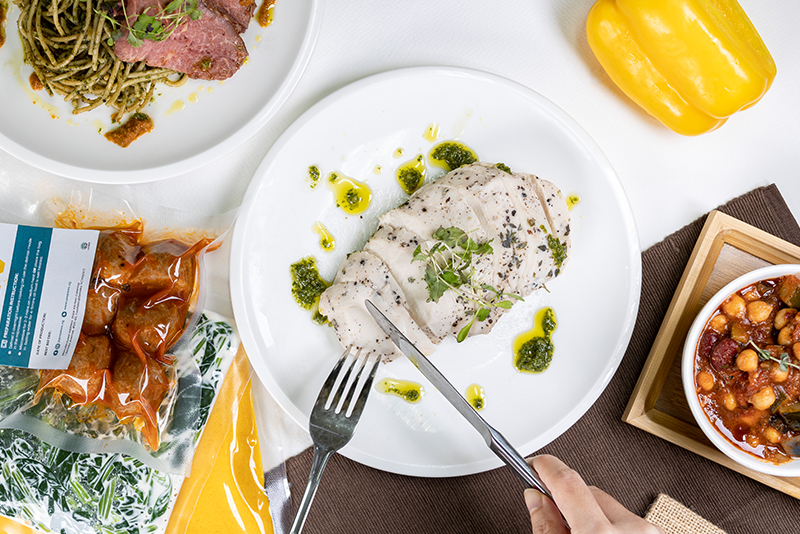
Prepbox required our team to invest in acquiring knowledge on food technology, food nutrition, and selecting the appropriate equipment for packaging automation. These knowledge-driven steps have been pivotal in ensuring the success of this new initiative.
What advice would you give to businesses in the F&B sector to help them recover and grow during this challenging period?
Businesses in F&B will no doubt continue to face challenges given the ongoing battle with the pandemic. I would advise F&B operators to continue to seek out new tools and processes to cope with the challenges, whether it be to streamline workflows or empower employees with better data to make informed decisions.
It is also worthwhile to review existing business models and make changes while remaining true to the core strengths of a company’s workforce. This will help businesses retain the talent that will be critical to their rebound when the pandemic situation eases. Finally, and most critically, businesses should continue to cultivate teams of problem-solvers who will be resilient enough to take the proverbial bull by the horns whilst developing their skills.
The aim of this is not to eliminate all problems, but to manage a turbulent operating landscape and to steady a business more effectively for future growth. We are hopeful that as Singapore moves to living with endemic COVID-19, that our vibrant and innovative F&B sector we will be able to resume business operations steadily.
What role do you play in the ASEAN Young Women Entrepreneurs’ Club (AYWEC)?
I am one of Singapore’s representatives on the AYWEC, and I work alongside our Singapore Chair in championing entrepreneurship and building networks amongst women entrepreneurs in ASEAN.
Bernadette is a member of SBF’s Young Business Leaders Network (YBLN). The network supports young business leaders on their journey and offers the chance to meet peers, share experiences, and explore partnerships that positively impact society through business. To find out more about YBLN, visit here


